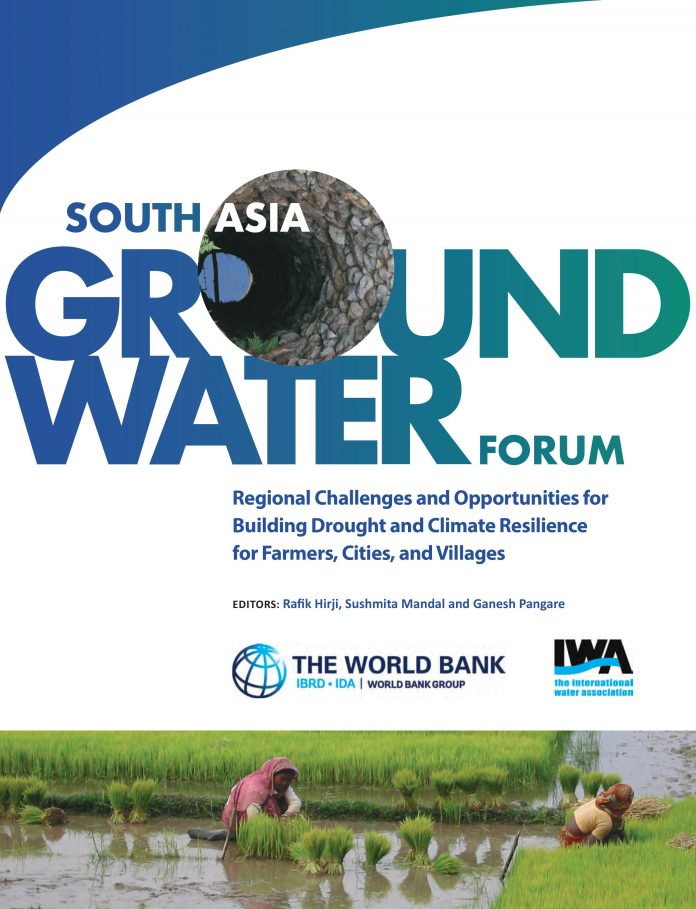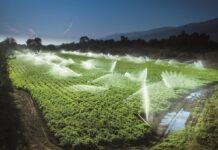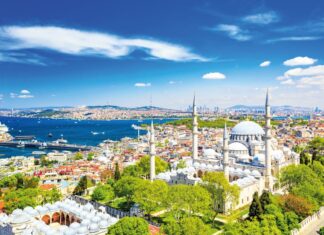The International Water Association and World Bank have released a new report, which synthesises the knowledge, best practices and field experience that emerged from the South Asia Groundwater Forum, a gathering of 126 experts from Afghanistan, Bangladesh, Bhutan, China, India, Laos, Nepal, Pakistan, Sri Lanka and Thailand.
The Forum addressed one of the region’s most ecologically complex and politically sensitive issues, and elevated groundwater on the foreign policy front, leaving India and its neighbours open to multilateral engagements.
“All who came, did so with an open mind to engage and learn from each other,” said Sushmita Mandal, IWA’s India Programme Manager and one of the report’s editors. “It was an opportunity that made the issue of groundwater visible. The timing was critical, as the region was reeling under the impacts of drought, poor monsoons, and improper management of available resources in the summer of 2016.”
How reliant is South Asia? Consider that India, Pakistan and Bangladesh together pump almost half of the world’s groundwater used for irrigation. Groundwater supports the livelihoods of 60-80 percent of the population, and has, as during the Green Revolution, helped lift hundreds of millions of people out of poverty.
Yet groundwater has also been undervalued and overexploited. Excessive, intensive, and unregulated use has resulted in dry wells and declining water tables. Depletion itself can be fixed. But related land subsidence, saline intrusion, or contamination from arsenic, fluoride, sewage, effluent and chemicals may be too costly or impossible to reverse.
The 100-page synthesis is comprehensive, but more valuable than its words are the unique process and diverse people who spoke them. In a thirsty region often known for quarrelling over shared water resources and transboundary basins, the gathering was marked by mutual respect and active engagement.
The Forum provided the first transnational meeting of its kind, a platform to address groundwater management and governance. By generating broad consensus that there is scope to engage, interact and learn from each other, the new report provides a stable foundation for the next.








